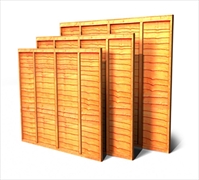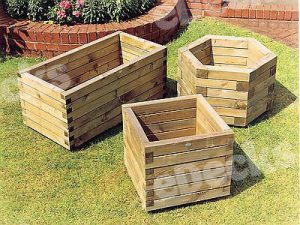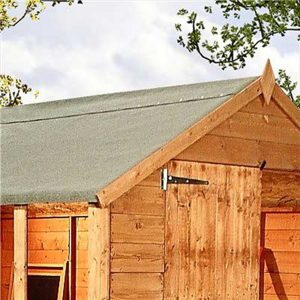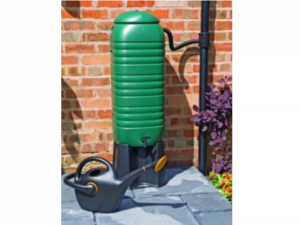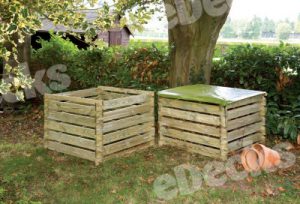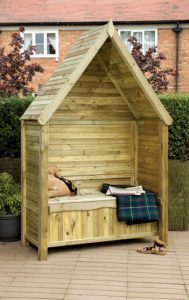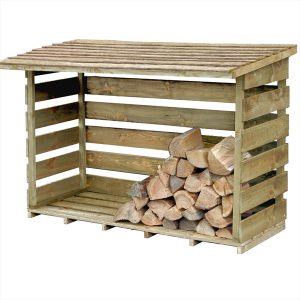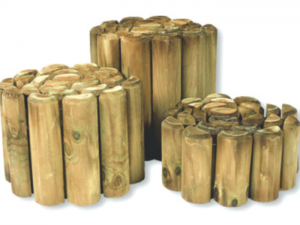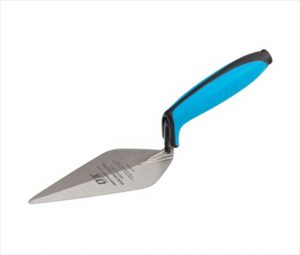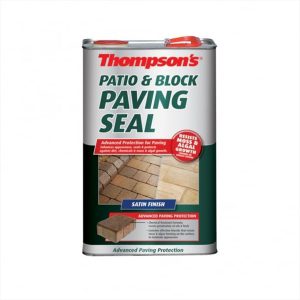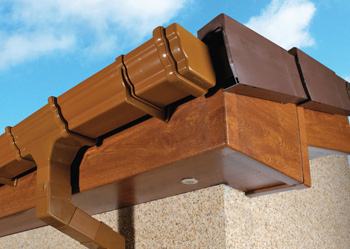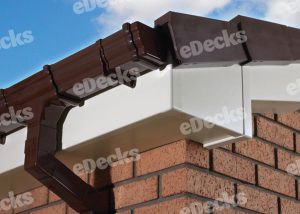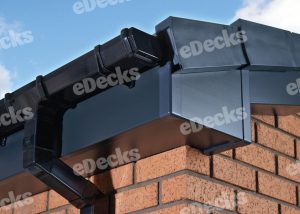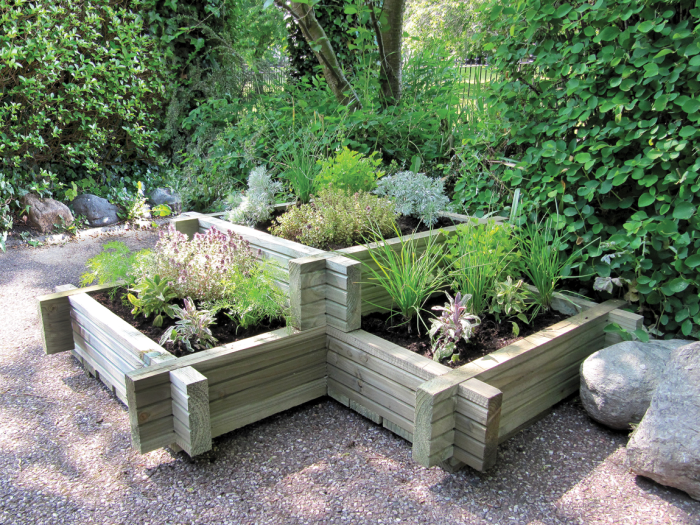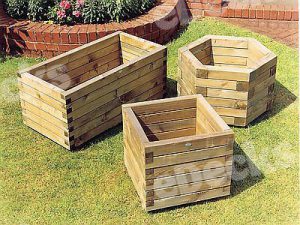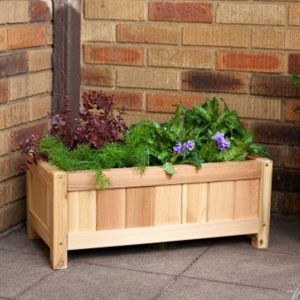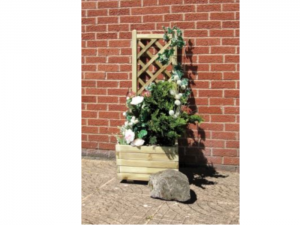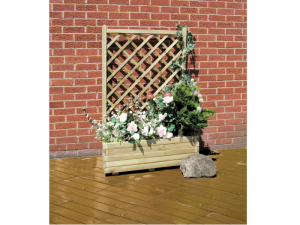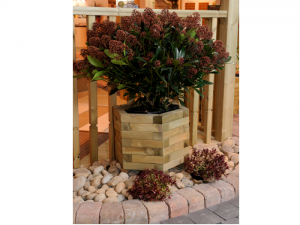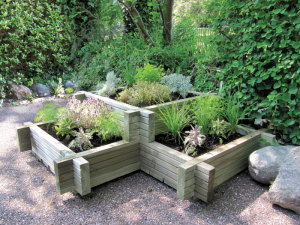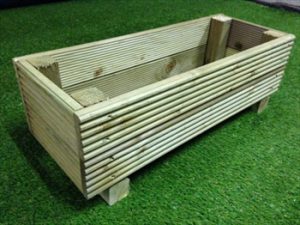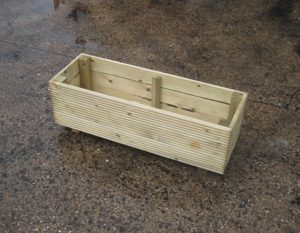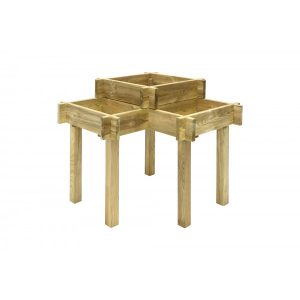There are two main types of treatment that are commonly used with timber fencing and fence panels – dip treated and pressure treated. Both of these are very effective methods of protecting your timber and today we will be discussing the most important differences.
Dip treated fence panels are often a darker brown or golden colour. The dip treating process is fairly quick to do, resulting in a lower price compared to pressure treatment which takes longer. However, dip treatment does not last quite as long and may require additional applications of a brush on preservative in order to give the timber the longest life possible.
Pressure treated is a method that forces preservatives into the timber, through to the middle and is done by putting the timber in a vacuum and then large amounts of pressure applied to force the chemical preservatives in. These preservatives, like those in dip treatments, are very effective against insects and fungal decay. Due to this process, pressure treated fence panels are slightly more expensive because they last longer than dip treated, but you need to weigh up the importance of the initial costs against the length of time you expect the timber to last.
When pressure treating fence panels, we take the timber, after it has been cut to size, and place it on a pallet. The panel is then placed into a large circular tank which is underground and sealed before the air is removed via a vacuum. By removing the moisture within the timber, you are left with more space deep within it, and so after the air has been removed, the tank is flooded with a preservative. Once the tank is full, the air is removed again which forces the preservative deep into the grain of the timber. Pressure treatment is so deeply enthused into the grain of the timber that reapplication is rarely needed and provide far more protection against rot and fungal decay. When you purchase the majority of pressure treated fence panels from eDecks, they come with a ten year guarantee against rot and fungal decay, meaning that the initial cost may be higher, but will save you time and money in the future.
Dip treatment, which is sometimes referred to as dipping, is kind of like a fake tan for fence panels – as with a pressure treatment, there is a tank underground, however instead of being sealed within a deep chamber, the timber is simply immersed in a bath of treatment for a period of time and then left to dry. This adds a colour and protection to the fence panels like a fake tan would, however it will fade over time. Dip treated fence panels are initially cheaper to purchase than pressure treated timber which is due to the dip treating process taking less time and therefore incurring lower labour and storage costs, however this therefore means that retreatment is necessary, meaning the cost will increase year and year.
eDecks offers some of the best deals on Dip Treated and Pressure Treated Fence Panels around, including all of the installation supplies and tools you may need. Not only do we provide plenty of unbeatable deals but also:
Super-fast FREE delivery on orders over £100*
48 Hour Delivery on many products
Handy FREE installation guides and instructional videos
*Free delivery applies to most of the UK, but some areas may incur a charge. Please check the eDecks website for more details.



